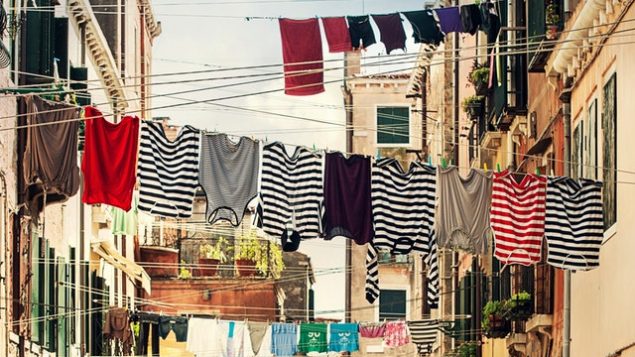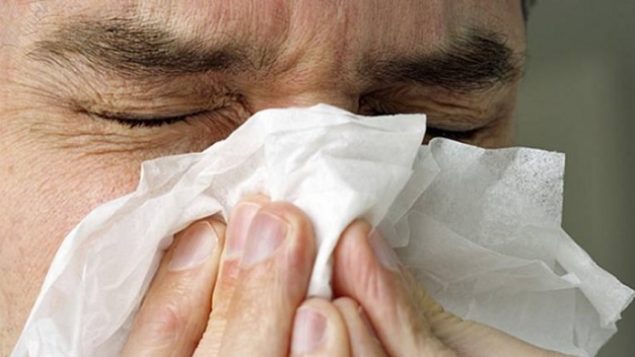It’s allergy season in Canada and the news is not good for those who suffer from symptoms like sneezing, a stuffed up or runny nose, cough, asthma or itchy eyes. Climate change has caused warmer temperatures and changing carbon dioxide levels in the air.
As a result, some of the plants that cause a reaction are producing more pollen, the pollen may contain more proteins that cause a reaction and the allergy season is lasting almost a month longer. Beyond that, some plants are moving into regions where they did not grow before.

Trees and plants come alive earlier in the year releasing pollen that can trigger allergies.

Dr. Mariam Hanna is seeing more allergy-sufferers with more severe symptoms.
More patients, worse symptoms
“We are definitely seeing an increase in the number of patients that report seasonal allergies and do have confirmed seasonal allergies on testing,” says Dr. Mariam Hanna, an allergy specialist and professor at McMaster University in Ontario. “The severity of the allergies that affects most of our patients is increasing as well.
“From my personal practice, I can tell you that the patients’ age at first presentation is getting to be younger and younger. So, these are little people that are starting to report seasonal allergies in addition to adults having new onset seasonal allergies or having progression in the severity of their symptoms.”

If you suffer from seasonal allergies, don’t hang your clothes to dry outdoors.
Medication and practical advice help
Symptoms can go on for weeks and months, and for 80 per cent of people who have asthma, pollen can trigger difficulty breathing. There are over-the-counter medications that reduce symptoms. For some allergy sufferers, doctors suggest a series of injections to desensitize them to their triggers. This is called immunotherapy.
Other measures can help people avoid the things that provoke symptoms. Allergy tests can determine exactly what a person is sensitive to and some websites provide information as to what pollen is in the air on a daily basis.
With that information allergy-sufferers can try to avoid their triggers by closing windows and using air conditioning where possible. Doctors recommend that when they come indoors they leave their shoes outside and that they change their clothes. The clothes worn during outdoor activities should be laundered and dried in a clothes dryer, not outdoors.
You might look forward to winter
About 30 per cent of Canadians suffer from seasonal or environmental allergies. The season can last from April until a hard frost, usually in November. Cold winters stop the pollen, but they don’t last as long as they used to. And there are indoor allergens that can cause problems, too.







For reasons beyond our control, and for an undetermined period of time, our comment section is now closed. However, our social networks remain open to your contributions.